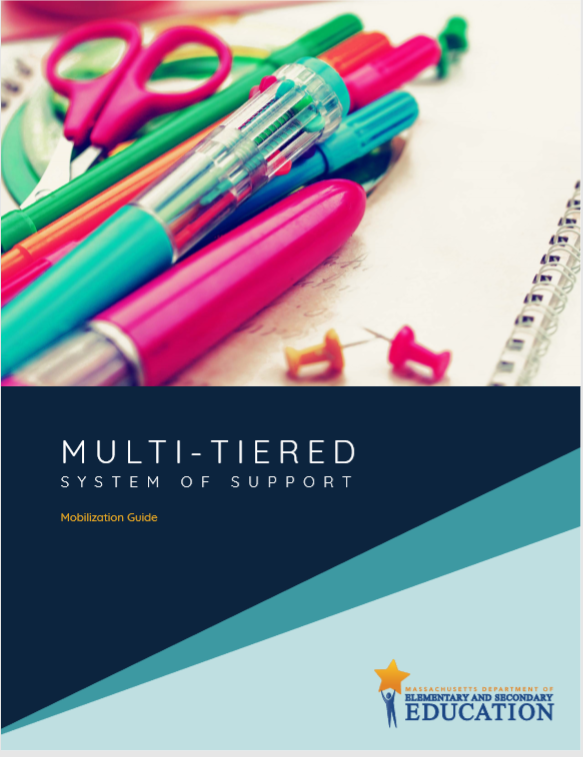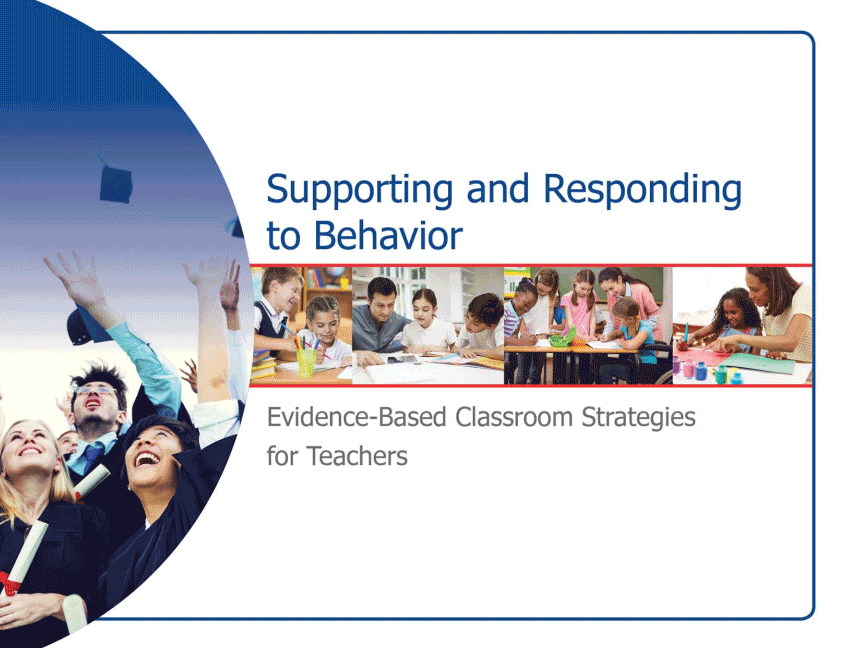MTSS Introduction Videos and Facilitation Guide
/This resource contains seven videos that introduce the viewer to the key drivers, foundational frameworks, and focus of the MTSS Blueprint. The videos are embedded in the MTSS Mobilization Guide (see pages 10-17 for Video Facilitation Guide) to support learning and team collaboration.
Resource Links
MTSS Videos
Source
Massachusetts Department of Elementary and Secondary Education with Novak Educational Consulting and Rodriguez Educational Consulting Agency
















